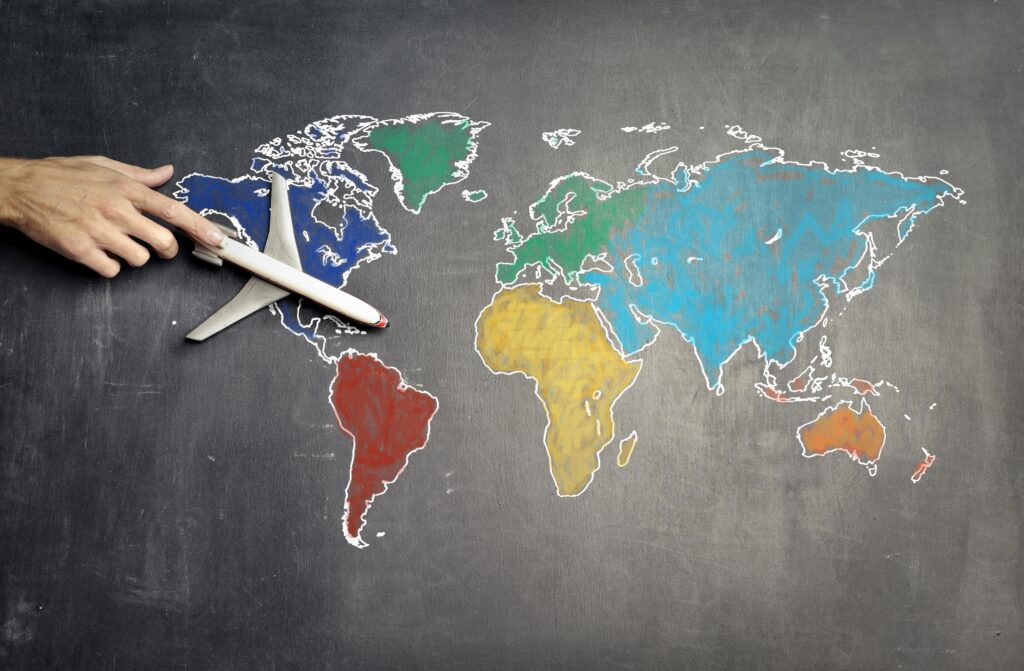International Trade and Global Markets: An Overview
International trade and global markets play a crucial role in shaping the world economy, fostering economic growth, and promoting cultural exchange. This article explores the key aspects of international trade, its impact on global markets, and the challenges and opportunities it presents.
Understanding International Trade
International trade refers to the exchange of goods, services, and capital across national borders. It has been a driving force behind globalization, allowing countries to:
- Access a wider variety of goods and services
- Achieve economies of scale
- Specialize in areas of comparative advantage
- Foster innovation through competition

Key Concepts in Global Markets
- Comparative Advantage: Countries specialize in producing goods or services at a lower opportunity cost than others, leading to mutually beneficial trade.
- Balance of Trade: The difference between a country’s exports and imports, which can result in trade surpluses or deficits.
- Exchange Rates: The value of one currency in terms of another, which significantly impacts international trade flows.
- Trade Agreements: Bilateral or multilateral agreements that reduce trade barriers and promote economic cooperation.
Impact on Economic Growth
International trade contributes to economic growth by:
- Increasing market size and competition
- Facilitating knowledge and technology transfer
- Promoting foreign direct investment
- Enhancing productivity and efficiency
Challenges in International Trade
- Trade Barriers: Tariffs, quotas, and non-tariff barriers can hinder free trade.
- Political Tensions: Geopolitical conflicts can disrupt trade relations and global supply chains.
- Currency Fluctuations: Volatile exchange rates can create uncertainty for businesses engaged in international trade.
- Environmental Concerns: Balancing economic growth with sustainable practices is an ongoing challenge.

Emerging Trends
- Digital Trade: E-commerce and digital services are reshaping global markets.
- Sustainable Trade: Growing emphasis on environmentally friendly and socially responsible trade practices.
- Regionalization: The rise of regional trade blocs and agreements.
- Supply Chain Resilience: Diversification of supply chains in response to global disruptions.
The Role of International Organizations
Organizations like the World Trade Organization (WTO), International Monetary Fund (IMF), and World Bank play crucial roles in:
- Setting trade rules and standards
- Resolving trade disputes
- Providing financial assistance and economic data
Future Outlook
The future of international trade and global markets will likely be shaped by:
- Technological advancements
- Shifts in global economic power
- Climate change and sustainability efforts
- Evolving consumer preferences

Conclusion
International trade and global markets continue to be fundamental drivers of economic growth and development. While challenges persist, the interconnectedness of the global economy offers unprecedented opportunities for businesses, consumers, and nations. As the world evolves, adapting to new trends and addressing ongoing issues will be key to harnessing the full potential of international trade.











